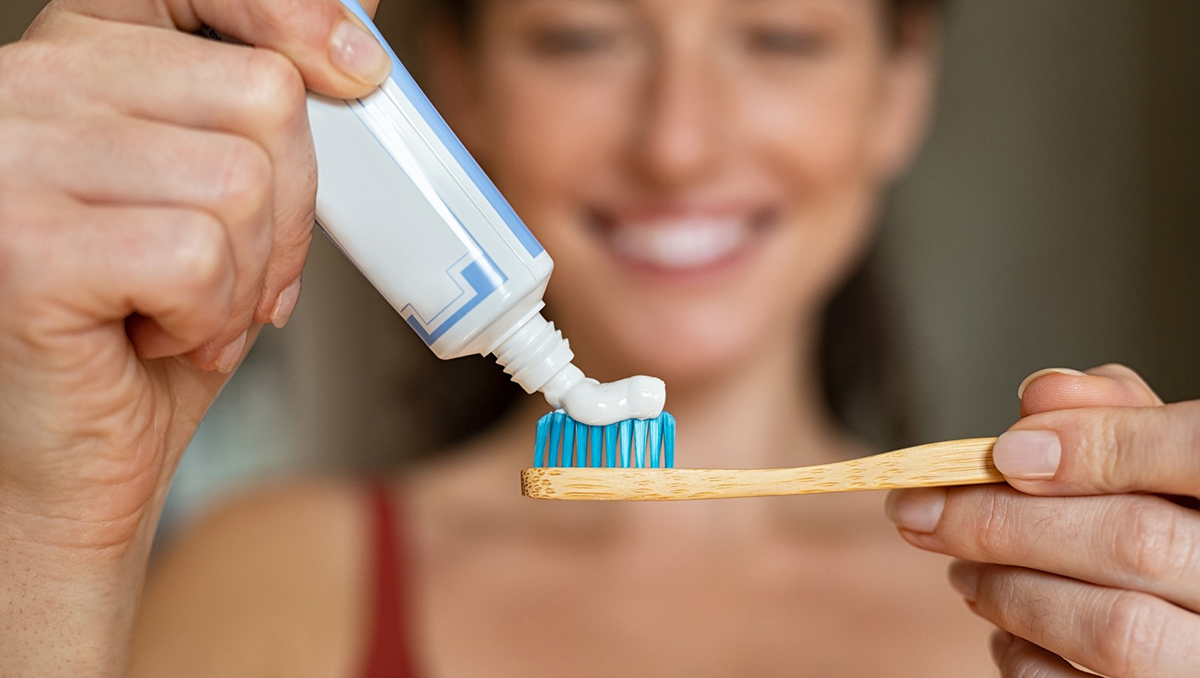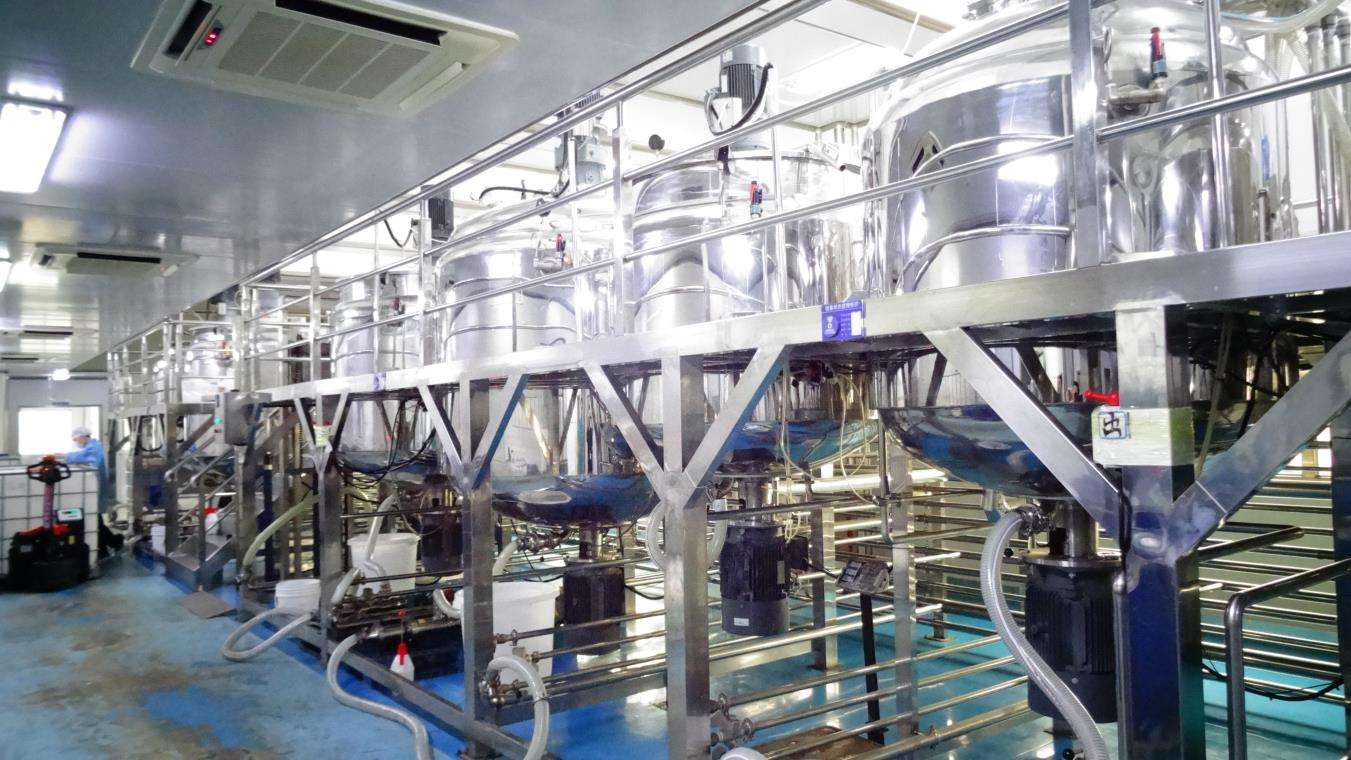Why fluoride free toothpaste? Benefits & Disadvantages
Fluoride has long been prominent in oral care, particularly in toothpaste formulation. Its integration into everyday dental hygiene products dates back to the mid-20th century when the discovery of its cavity-preventing properties revolutionized oral health. Today, fluoride is ubiquitous in nearly every mainstream toothpaste on the market. The widespread use of fluoride in toothpaste is a testament to its effectiveness in combating dental decay. Still, it also raises questions about the necessity and safety of this compound, leading to a growing interest in fluoride-free alternatives.
What is Fluoride?
Fluoride is a naturally occurring mineral scientifically recognized as a compound of fluorine. It is often found in water sources, soil, and certain foods in various geological formations. In its ionic form, fluoride is highly reactive, making it particularly effective at bonding with other minerals such as calcium. This chemical characteristic allows fluoride to strengthen tooth enamel, a process at the core of its use in dental care.
The Role of Fluoride in Dental Health
Fluoride’s primary function in dental health revolves around its ability to prevent tooth decay. It does so by enhancing the remineralization process of tooth enamel. When fluoride is present in the oral environment, it attracts calcium and phosphate ions, promoting the repair of microscopic lesions in the enamel before they evolve into cavities. Furthermore, fluoride reduces the ability of bacteria to produce acid, which is a significant contributor to tooth decay. These dual actions make fluoride invaluable in the fight against dental caries.
Why Fluoride-Free Toothpaste?
Despite fluoride’s proven benefits, many consumers are turning to fluoride-free toothpaste. Growing concerns over the potential adverse effects of long-term fluoride exposure drive this shift. The trend toward natural and organic personal care products also plays a significant role as more individuals seek to minimize their exposure to synthetic chemicals. Fluoride-free toothpaste offers an alternative that aligns with these preferences, appealing particularly to those who prioritize holistic and eco-friendly lifestyles.
Health Concerns Associated with Fluoride
While beneficial in small doses, fluoride can pose health risks if ingested in excessive amounts. Dental fluorosis is a well-documented condition caused by overexposure to fluoride during the developmental stages of teeth. It manifests as white spots, streaks, or even brown stains on the enamel, potentially leading to cosmetic concerns. Beyond dental health, some studies have suggested a correlation between high levels of fluoride exposure and systemic health issues, including bone disorders and neurotoxicity. Although these findings are subject to ongoing debate, they contribute to the skepticism surrounding fluoride use.
Environmental Impact of Fluoride
Fluoride’s impact is not confined to individual health but extends to the environment. Water fluoridation, which involves adding fluoride to public water supplies, has sparked controversy due to its environmental repercussions. Fluoride can accumulate in aquatic ecosystems, potentially disrupting the balance of these environments. Additionally, the industrial processes associated with fluoride production and disposal have raised concerns about pollution and long-term environmental damage.
The Benefits of Fluoride-Free Toothpaste
One of the most compelling reasons to choose fluoride-free toothpaste is the absence of potentially harmful chemicals. Fluoride-free formulas often emphasize natural and organic ingredients, providing a purer alternative for those concerned about chemical exposure. This is particularly important for vulnerable populations, such as young children and individuals with specific health conditions, who may be more susceptible to the adverse effects of fluoride. Moreover, the growing availability of fluoride-free options reflects the increasing consumer demand for products that align with a clean and natural lifestyle.
Effectiveness of Fluoride-Free Toothpaste
The question of effectiveness is central to the debate over fluoride-free toothpaste. While fluoride is undisputedly effective in preventing cavities, fluoride-free toothpaste can also offer significant oral health benefits, particularly when fortified with alternative ingredients. These alternatives, such as xylitol and calcium phosphate, provide protective properties, helping maintain dental health without fluoride. While fluoride-free toothpaste may not match the cavity-fighting power of fluoridated versions, it can still contribute to overall oral hygiene when used as part of a comprehensive dental care routine.
Common Ingredients in Fluoride-Free Toothpaste
Fluoride-free toothpaste is often formulated with various natural ingredients that support oral health. Xylitol, a natural sweetener derived from plants, is known for inhibiting the growth of cavity-causing bacteria. Calcium phosphate, another common ingredient, helps to remineralize tooth enamel, providing a non-fluoride solution to strengthen teeth. Essential oils such as tea tree oil and peppermint oil are also frequently included for their antimicrobial properties, which help to keep the mouth clean and fresh.
Consumer Considerations
Choosing the right toothpaste is highly personal, influenced by health needs, lifestyle, and personal preferences. Fluoride-free toothpaste may particularly appeal to those concerned about chemical exposure or who prefer natural products. However, weighing the benefits against the potential risks is essential, especially for individuals prone to cavities. Cost is another consideration, as fluoride-free options can be more expensive than traditional toothpaste. Consumers should also be vigilant about reading labels and ensuring transparency in the ingredients used in these products.
Disadvantages of Fluoride-Free Toothpaste
Despite its appeal, fluoride-free toothpaste has its drawbacks. One of the most significant disadvantages is the potential risk of increased tooth decay, particularly for individuals at higher risk for cavities. Additionally, there needs to be more universal acceptance among dental professionals regarding the efficacy of fluoride-free toothpaste, with many dentists continuing to recommend fluoride as the gold standard for cavity prevention. Misleading marketing claims can also be a concern, as some fluoride-free products may fail to deliver on their promises of superior oral health.
Case Studies and Research Findings
Research on fluoride-free toothpaste is still emerging, with studies offering mixed results. Some research supports fluoride-free toothpaste, particularly in populations with low caries risk or where fluoride exposure is already sufficient through other sources, such as drinking water. However, other studies highlight the dangers of fluoride-free products, particularly regarding reduced protection against cavities. These findings underscore the importance of individual risk assessment when choosing between fluoride and fluoride-free options.
Public Perception and Trends
The rise of natural and organic oral care products reflects broader consumer trends towards health and wellness. Social media and celebrity endorsements have significantly popularized fluoride-free toothpaste, often portraying it as a safer and more natural alternative. This shift in public perception is also influenced by increasing awareness of environmental and health concerns associated with synthetic chemicals. As a result, the market for fluoride-free toothpaste continues to grow, driven by consumers who prioritize natural and sustainable products.
How to Choose the Right Toothpaste for You
Selecting the right toothpaste involves carefully considering your oral health needs. For some, fluoride-free toothpaste may be an excellent choice, mainly if they already receive sufficient fluoride from other sources or prefer natural ingredients. However, those with a history of dental caries or at higher risk for cavities may benefit more from fluoridated toothpaste. Consulting with a dental professional is crucial in making an informed decision, as they can provide personalized recommendations based on your oral health status.
Try Lidercare Now!
We Help You Launch New Products, And Continue To Grow. Try Us With 20% Off Your First Order!
Conclusion
The decision to use fluoride-free toothpaste should be made carefully considering both the benefits and disadvantages. While fluoride offers proven protection against cavities, concerns about its potential health and environmental impacts have led many to seek out fluoride-free alternatives. These alternatives can provide adequate oral health care, particularly when formulated with effective natural ingredients. Ultimately, the choice between fluoride and fluoride-free toothpaste should be guided by individual health needs, lifestyle preferences, and informed advice from dental professionals. Making an educated decision will ensure that your oral care routine supports your health and well-being.
Table of Contents
Awesome! Share to:
Latest Blog Posts
Check out the latest industry trends and take inspiration from our updated blogs, giving you a fresh insight to help boost your business.
Please note that we have a MOQ for our Product. Available product 1000pcs. For customized package and logo, please see the MOQ as follows:
● Toothpaste & Toothbrushes – 30,000 pcs
● Mouthwash & Oral Spray – 10,000 pcs
● Toothpaste Tablets & Powder – 10,000 pcs
● Whitening Kit – 5,000pcs
Lidercare assists you throughout the project: Flavor, Ingredients, Packaging, Size and Volume,Formulation, ,Specialized Target Market and Packaging Accessories. Contact us or mark your requirements on enquiry quote.
Whether you prefer sea or air freight, we provide both for efficient transportation. Additionally, we offer flexible shipping terms such as FOB and EXW to suit your business requirements. We collaborate with renowned courier services like DHL and FedEx for smaller orders or urgent shipments to ensure prompt and secure delivery.



